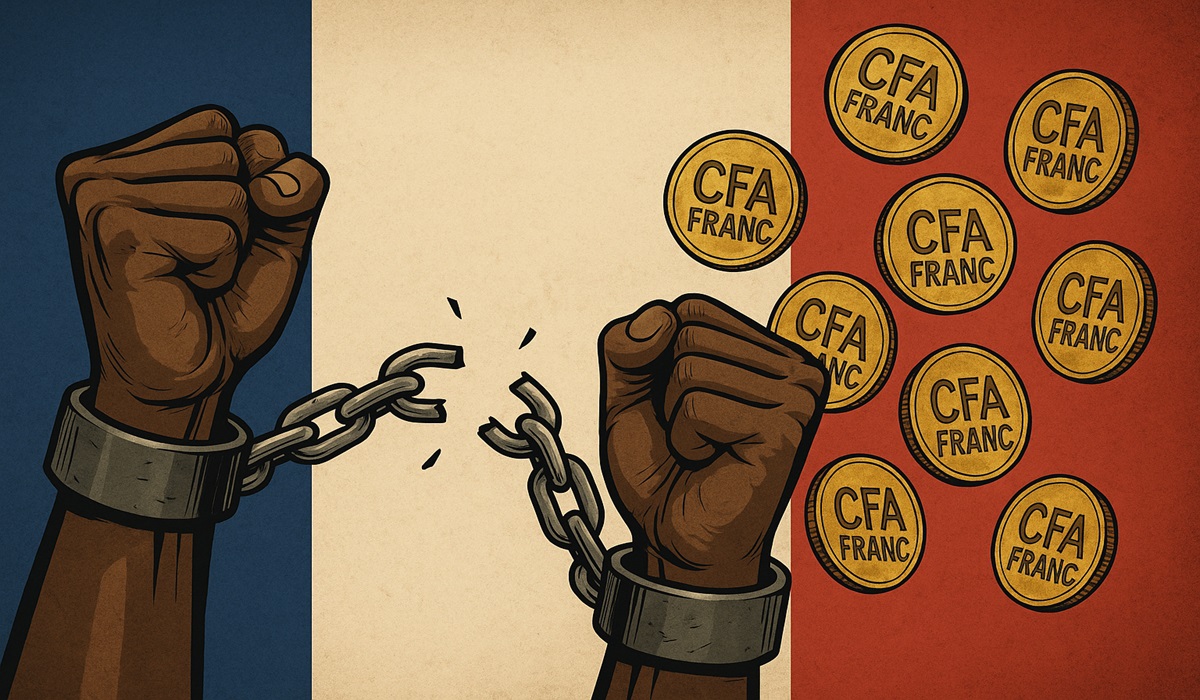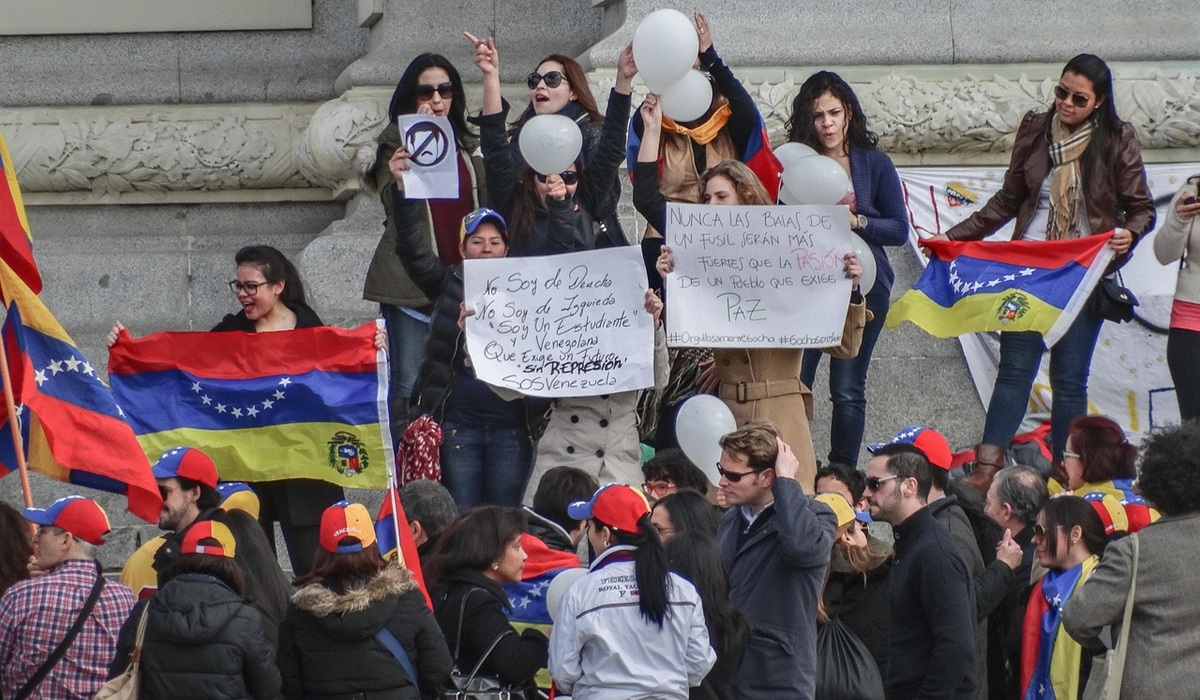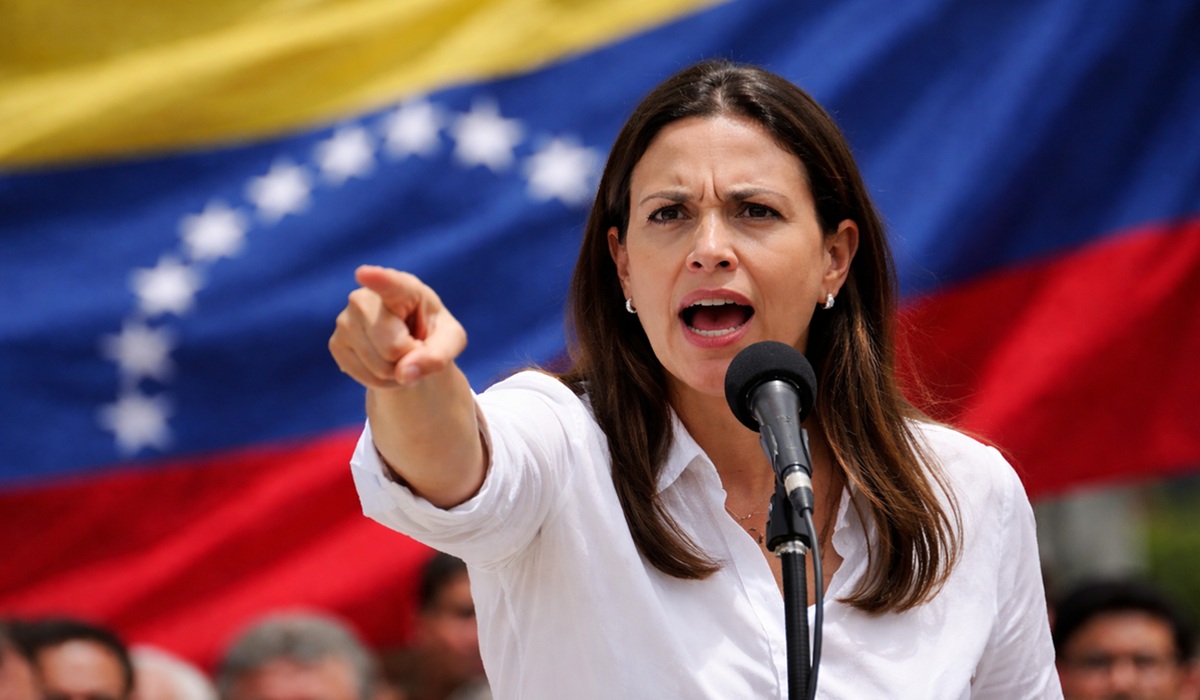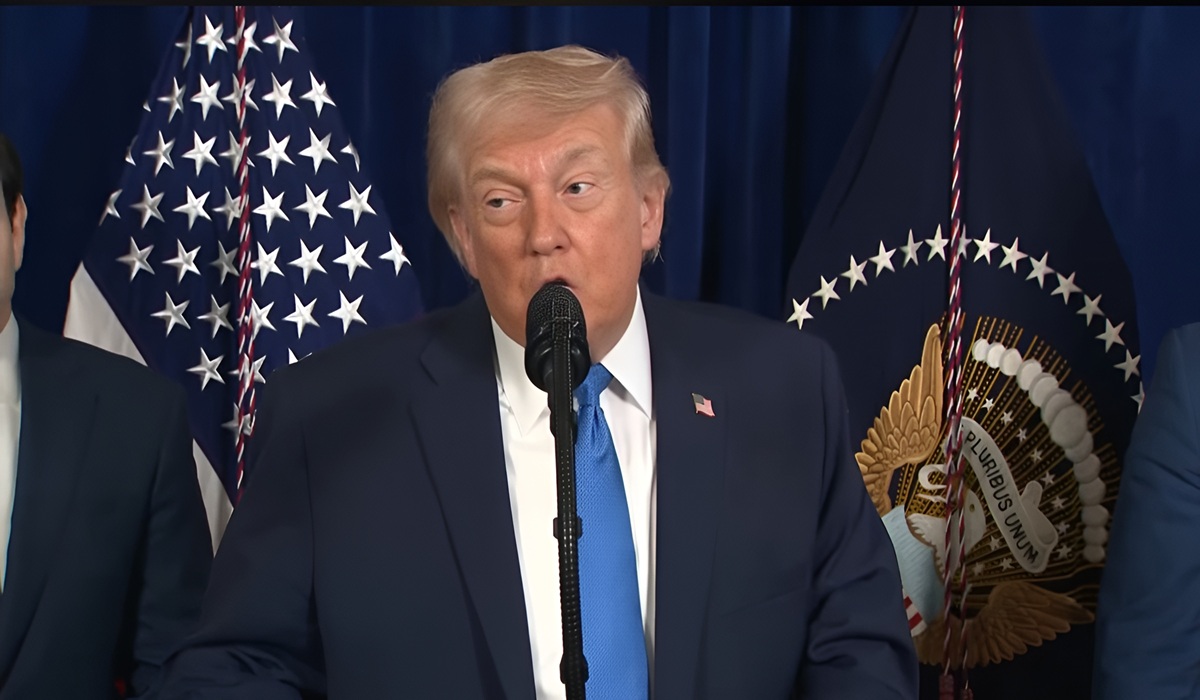The CFA Franc: France’s Last Colonial Noose Around Africa’s Neck
- Kingston Bailey
- Africa
- Europe
- Trending News
- May 16, 2025

More than six decades after so-called independence, many African nations still remain shackled to their former colonial master not through military occupation, but through currency domination. The CFA franc—a currency imposed by France in the 1940s—is not just a financial tool; it is a colonial instrument of control disguised as economic cooperation. It is France’s modern-day chokehold on the economic lifeblood of West and Central Africa, one that perpetuates dependency, extracts wealth, and ensures that Paris remains enriched off the backs of the very nations it once conquered.
The CFA franc is split into two zones: the West African CFA franc (used by eight countries) and the Central African CFA franc (used by six), both pegged to the euro and guaranteed by the French Treasury. These countries must deposit at least 50% of their foreign exchange reserves into an operations account at the Banque de France—an arrangement that has no equivalent in the modern world. It is not cooperation. It is forced subservience. France claims this arrangement offers “stability,” but what it really does is neuter the economic sovereignty of entire nations and allows France to retain final say over African finances, trade decisions, and monetary policy.
Let’s be clear: the CFA franc was never about African development. It was a colonial contraption designed to facilitate the extraction of wealth from the continent, a system built to favor France by design. Under this setup, France earns interest on the foreign reserves of African countries. Meanwhile, African nations are forced to ask for their own money back as if they are beggars at the gate of their own vault. In every sense, this is institutionalized theft. It is legal plunder dressed up in the language of post-colonial diplomacy.
This arrangement also blocks meaningful development. Because these African nations cannot control their own monetary policy, they are incapable of strategically devaluing their currency to support exports or manage economic shocks. Inflation targeting? Impossible. Competitive trade strategy? Crippled. Fiscal autonomy? A myth. The CFA zone becomes a stagnant pool, unable to make bold economic moves without the blessing of a foreign power whose priority is not African prosperity but continued French hegemony.
The racial undertones of this system are impossible to ignore. That a group of predominantly Black nations must warehouse their wealth in the coffers of their former white colonizer, only to be rationed access to it, is the very definition of economic apartheid. The paternalistic language used by French officials—talking of “support,” “guidance,” and “stability”—is nothing more than a thin veneer for a deeply racist structure that assumes African nations are incapable of self-governance unless overseen by their colonial master.
France has long insisted that these nations are free to leave the CFA system. But when countries like Mali, Burkina Faso, and Guinea have taken steps to assert their independence and move toward monetary sovereignty, they have been met with sanctions, trade disruptions, and diplomatic isolation. It’s not freedom when the price of autonomy is economic sabotage.
Yet the tide is finally turning. Burkina Faso, Mali, Niger, and other forward-thinking states are beginning to reject the CFA franc, pivoting toward national currencies or exploring gold-backed alternatives. This is not only a courageous assertion of sovereignty but a direct threat to France’s economic lifeline. Make no mistake: France’s standard of living is, in part, underwritten by its ability to loot African reserves, dictate terms of trade, and access resources below market value thanks to its grip over the CFA system.
If every CFA-using nation repatriated its reserves, cut monetary ties with the Banque de France, and began trading with local or pan-African currencies or through bilateral commodity arrangements, France’s economy would reel. The steady stream of undervalued resources, cheap labor, and captive markets would dry up. Its geopolitical influence in Africa—already slipping due to rising Pan-African sentiment and Chinese economic engagement—would collapse. France knows this. That is why it fights tooth and nail to maintain the CFA system while publicly pretending it is nothing more than a legacy arrangement of mutual benefit.
But let us call it what it is: it is economic slavery. It is the final battlefield of colonialism. And it is collapsing.
African nations must no longer ask for permission to liberate themselves. The time has come to demand full repatriation of all reserves, immediate exit from all colonial monetary arrangements, and the formation of a Pan-African Central Bank focused solely on African interests. The new Africa must not be bound by the ghosts of empire or the golden shackles of the Banque de France. The new Africa must chart its own course—with its own currency, on its own terms.
The CFA franc was designed to keep Africa tethered to France. Abandoning it is not just an economic necessity; it is an act of liberation. And every nation that breaks free deals another blow to the rotten remnants of colonial control. It is time to cut the cord—and let France feel, once and for all, the devastating consequences of no longer being able to steal from its former colonies.








